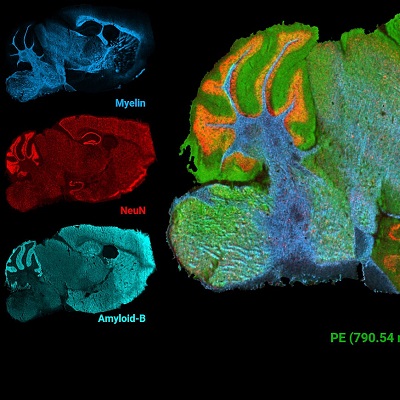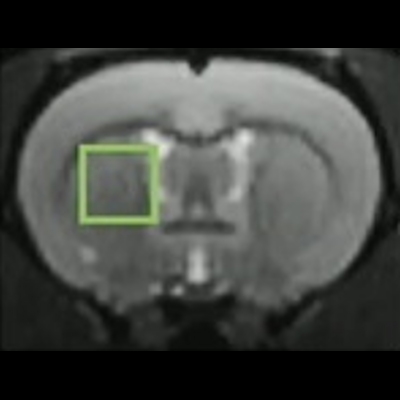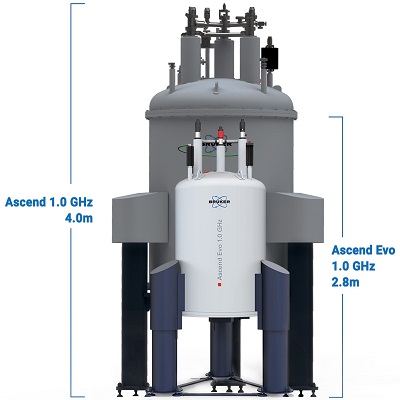July 7, 2022 -- Bruker debuted its PhenoRisk PACS RuO, a research use only (RUO) nuclear magnetic resonance (NMR) test for molecular phenomics research on long COVID patients’ blood samples.
The system uses a multiplexed combination of biomarkers discovered at the Australian National Phenome Center (ANPC) and shows promise for research on early-stage risk factors, longitudinal recovery monitoring, and potential secondary organ damage in cardiovascular disease, type 2 diabetes, kidney dysfunction, and inflammation, according to the firm.
PhenoRisk PACS RuO consists of an Avance IVDr NMR spectroscopy system that tests several biological mechanisms of action simultaneously in a 20-minute blood test from SARS-CoV-2 acute infection survivors who suffer long-term sequelae, termed either post-acute COVID syndrome (PACS), or more commonly known as long COVID.
The assay characterizes metabolic and proteomic biomarkers of SARS-CoV-2 pathobiology, even in asymptomatic acute COVID cases, and enables multiorgan risk assessment, recovery, and therapeutic research in multiple long COVID dysfunctions. PhenoRisk PACS RuO also quantifies composite signals for groups of glycoproteins and phospholipids, which can indicate inflammation and cardiovascular disease risk, as well as a new NMR biomarker called supramolecular phospholipid composite (SPC). The markers appear different in COVID-19 than from controls, while the Glyc/SPC ratio has been proposed as a useful molecular marker for long COVID.
Copyright © 2022 scienceboard.net











